Zero One Mercury CD/HD player
| The Future’s Now! |
|
|
|
December 2008 |
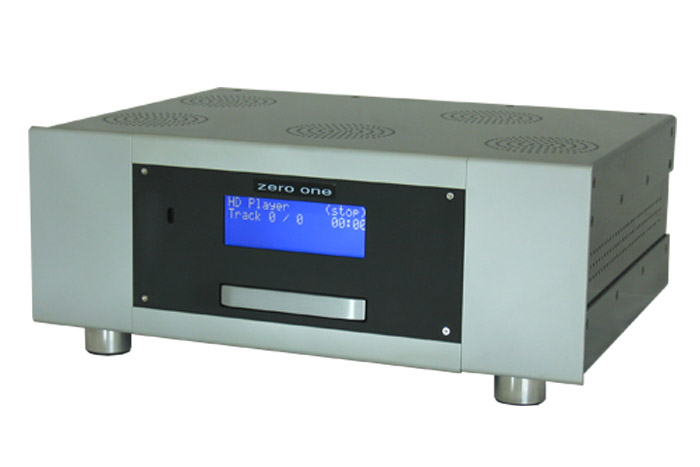
Life with the Nova Physics Memory player, around these parts has been grand. In the time I’ve owned it, I’ve not met anyone who has heard it and was not impressed by its sublime sonic capabilities. In my “conclusion” section to the review I stated “With the onslaught of computer-based music servers hitting the market, I’m certain it will only be a matter of time before the Memory Player will meet its sonic match as the competition catches up.” Well, that “matter of time” has arrived!
Yep, it was exactly two years ago I wrote that review on the Memory player and I’ve been listening to another computer-based player for the past six months that easily serves as its direct competition. The company, Zero One, hails from Singapore, and their latest product here under review is the one-box Mercury CD/HD player that will spin a disc or – at the press of a button – download a song or entire disc onto its 750 gig hard-drive. The look, feel and substantial chassis spells s.e.r.i.o.u.s. After three-months of uninterrupted play, I would have to say team Zero are quite talented a bunch based on how easy and versatile the Mercury CD/HD player’s slick looking user interface works. Zero One, first manufactured hi-end digital separates as in their Ar38SE DAC and Model Ti48 transport since 2001. The idea to converge the best of hi-end audio with computers was team Zero’s ultimate goal when starting the company. With all the earnestness and know-how team Zero could muster they finally decided build a single product. That product, under review here, is the Zero One Mercury CD/HD player.
Visually, the Mercury is large, clean and sparse since there are no buttons on its faceplate. All operations are done from its remote control which is your typical inexpensive plastic type. The rear panel is where the power button resides bottom left adjacent to the male IEC AC connector and a pair of RCA analogue outputs. A SPDIF/RCA digital output is located dead center completes the rear panel connections. The Mercury boasts quite a versatile platform by way of its of user-variable settings that range from its word-length output (16 to 24 bit) with upsampling capabilities from 44.1 to 192 kHz. Selectable dither is a nice option that comes as standard. The 4 digital filter options range from HQ3 which is Red Book CD standard (i.e. very steep, brick wall-type ) to Purist (very shallow with a high corner frequency). There is also a no-filter option for those who choose not to use any filters or opt to experiment.
The Mercury also boasts 3 dither options. Dither is basically different types of ultra-high frequency shaped distortions. The software offers a variety of word length reduction modes. They are TPDF or Triangular PDF dithering, Nyquist – high frequency dither and NShape – second-order shaping, The software performs all its audio processing at 64-bit. In order to transfer the resulting data to a D/A converter, the samples need to be reduced. This is commonly known as “word length reduction.” “If the data was simply truncated to the requisite D/A length (for example, 16 bits), this results in quantization distortion” says Heng. To avoid this, a small amount of noise is introduced before reduction takes place. This is known as “dither.” In order to make dither noise less audible, it can be tailored to make it louder where the ear is less sensitive, quieter where the ear is more sensitive. This is known as “noise shaping.”
Another novel feature is the IS2 digital connection internally wired between the Mercury’s transport and DAC. IS2 boasts inherently lower jitter measurements (thus noise) by separating clock and data signals says Heng. IS2 was popularized by Mark Schifter of Perpetual Technologies some years back but somehow has never caught on despite its claims as a better transferor of digital data.
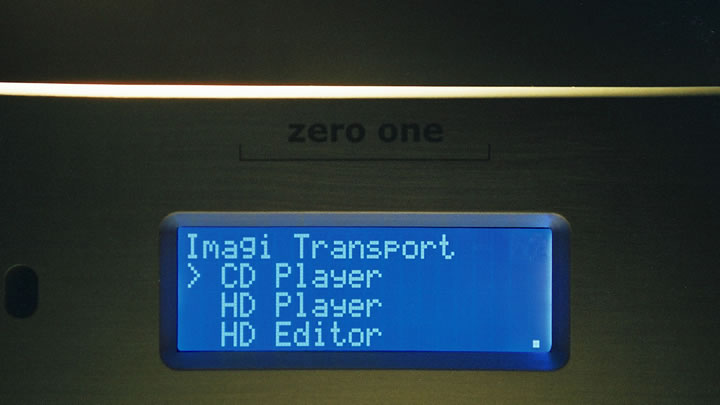
A well thought-out, easy to navigate, user interface becomes immediately apparent the moment you pop a CD into the Mercury’s CD tray and grab its remote. An LCD display centered above the CD drawer opens up to a series of options in its submenu.
Internally, the Mercury uses the Linux operating system because it is robust and seldom prone to crashing. In addition, the Linux OS was also easy to integrate into Zero One’s proprietary software. The Mercury’s PC section “uses a standard but super quiet switch-mode power supply” says designer Alvin Heng. The digital-to-analogue section is powered by a separate fully regulated, linear PSU using a transformer say’s Heng “with a much higher VA rating than normally required.”
The Mercury is a feature-laden product indeed, but Heng seems most proud of the modified pro sound-card he designed stating“This is a pro audio card that we modified by adding additional supply regulation on the board. It is not mounted directly onto the motherboard as you would normally. Instead we have a proprietary adapter PCB that interfaces between the sound card and the motherboard. This allows us to power the soundcard with its own linear DC supply instead of taking the power from the noisy PC supplies. As far as we know, we are the only manufacturer that has such a sophisticated power supply system for the sound card.”
Once I became familiar to the Mercury’s remote, options like playing a CD, downloading a CD onto the 750-gig internal hard-drive or playing previously stored music became a cinch thanks to the Mercury’s slick user-interface. One other thing, having a real-time CD player turned out to be a treat because it offers you the opportunity to listen first to the songs you may want to download – something my beloved Nova Physics Memory player cannot do since I own the transport only version. This, in essence, qualifies the Mercury as a fully capable CD player, transport and music server. The well-lit LCD that adorns the Mercury’s faceplate boasts large easy-to-read-fonts for easy reading from my seat 10 feet away. In the end, this further demonstrated how smartly built the Mercury is.
There certainly was a longer than usual familiarization period between the Mercury and myself. Using the remote was a cinch but I still wish the front panel also sported the redundant Open, Close Play, Stop, Rewind and Forward buttons every other CD player has. The scarcity of buttons also made the Mercury’s CD playback somewhat frustrating because you always needed the remote nearby just to do something as simple as Stop the player. That’s essentially my only caveat about the Mercury. The folks at Zero One obviously have taken in account how precious the remote control is because two come standard. As I found, its sonic virtues far outweighed the oversight of not having Stop and Play buttons on its faceplate. One nice feature is the Mercury sports a particular software called EmDB, which is their compressed version of the Internet’s FreeDB, automatically searches, and (if available), displays the artist name, individual song and title. The EmDB software, which offer free updates, supports mostly mainstream music, so if your tastes lean more for the rare or eclectic I strongly doubt the EmDB software will support it. A small price to pay for being different I suppose.
Living with the Mercury has been an absolute treat no matter the associated gear. I went through a series of electronics that included Tact, Bel Canto, NuForce and Behold electronics as well as cables from Bybee Technologies, Acoustic Revive and Orinda Acoustic Cables (designed by Sunny Lo, formally of Sunny Cable Technology). The loudspeakers that received the most play was the elegant sounding Volent Paragon VL3 that I awarded my Most Wanted for 2008.
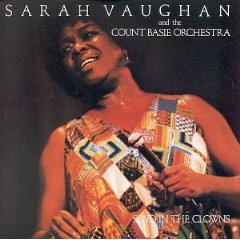 Listening to the Mercury in CD mode granted only a partial view of its sonic capabilities. As a CD player it performed respectably but the CD mode still sounds a tad brighter and harsher on most demanding classical and big band material. An excellent example is Sarah Vaughn and the Count Basie Orchestra’s recording of “Send in the Clowns.” Maybe I’m being a little more critical because I’ve lived with the Nova Physics Memory Player and use it pretty much exclusively (and that would make anyone switching back to a CD player sensitive and thus critical of the added stridency heard on these discs). However, I would venture to make a friendly wager the Mercury was never intended to be critically listened to in CD mode. Moreover, I’ve never heard a CD player sail through “Send in the Clowns” played at a respectable volume without a little bite in the upper frequencies. So then, the real question is how good is “Send in the Clowns’ when played through the Mercury the way it was ultimately designed to – through the Mercury in HD mode?
Listening to the Mercury in CD mode granted only a partial view of its sonic capabilities. As a CD player it performed respectably but the CD mode still sounds a tad brighter and harsher on most demanding classical and big band material. An excellent example is Sarah Vaughn and the Count Basie Orchestra’s recording of “Send in the Clowns.” Maybe I’m being a little more critical because I’ve lived with the Nova Physics Memory Player and use it pretty much exclusively (and that would make anyone switching back to a CD player sensitive and thus critical of the added stridency heard on these discs). However, I would venture to make a friendly wager the Mercury was never intended to be critically listened to in CD mode. Moreover, I’ve never heard a CD player sail through “Send in the Clowns” played at a respectable volume without a little bite in the upper frequencies. So then, the real question is how good is “Send in the Clowns’ when played through the Mercury the way it was ultimately designed to – through the Mercury in HD mode?
In a word, delightful!
Through the Mercury’s hard drive, Sarah’s voice sounded more like an instrument. Sassy, as her friends called her (not because she sounded so much like a saxophone, because she’d curse you out quick), came to life dynamically in a way that would make one think two different CDs, JVC’s XRCD and a standard pressing, were being swapped out. This unimpeded soulfulness, fluidity and immense drama coming off Sarah Vaughn’s voice and Count Basie’s big band is documented in jazz history books so there’s no second guessing as to whether it exists or not. The trick, however, is getting it out of an audio system. The Mercury, via its hard-drive, has an admirable amount of poise no matter the amount of stress or number of instruments. As a result, the soundstage opens up further and more clearly on the extremes providing notably more air and body around individual performers.
To be fair, the Mercury, in HD mode, doesn’t quite live up to owning the same degree of sonic finesse and the ultra-smoothness the Nova Physics Memory player imparts on the music. That duly noted, the Mercury does offer more finger-snapping and toe-tapping rhythm than my twice as expensive Audio Mecca Mephisto CD player – my former reference CD player.
The one thing, I’ve rediscovered during this review period, is the standard 16/44.1 conventional CD player, for me, usually impedes on the communicative flow of music. Insidiously, they tattoo musical passages with small bits of grit and glare making it difficult to sit through an entire performance. The Mercury doesn’t alleviate this “tatooing” entirely, but it goes further than any conventional player I’ve heard when played in HD mode. That says a heck of lot about this impressive playback system.
We live in a world where exposure is everything. At the same time, nothing is more important than a healthy dose of skepticism. That being said, after living with the Nova Physics Memory Player for more than two years I’m convinced there’s nothing more precise for getting zeros and ones off standard 16/44.1 Redbook CDs. Nothing. Time has been a good friend to the MP and has since reaffirmed what I originally wrote two years ago. If that wasn’t enough of evidence, here comes the $3,500 Zero One Mercury CD/HD player to further strengthen the claims at what computer-based players can do (at a staggering one-third the price of the Memory Player).
After many months of careful listening and evaluation, I consider the Zero One Mercury CD/HD player a breakthrough in its price/ performance category. It’s user interface is well-thought out and by comparison and, though not its sonic equal, makes the Memory Player’s user interface look primitive. Finally, there’s an less expensive alternative for those who refuse to plop down $12k for a Memory Player/transport. I’m convinced that if you own a CD player and get the opportunity to hear the computer-based Zero One Mercury, as I did, you too might have to purchase it. For a hair below $4,500, I consider it a steal. In my opinion it will greatly help steer the new way to musical enjoyment in the home.

![]()
clement perry
Zero One Audio Mercury Features:
Reads CD, CD-R, CD-RW. CD layer of SACDs
750Gb hard disk drive
Digital output : 1 S/PDIF coaxial (RCA)
Analogue output : 2V RMS; 200 ohm impedance
Remote control (no monitor or keyboard required for operation)
Dimensions (max) : 450mm (w) / 350mm (d) / 170mm (h)
Price : $4,450.00
Website: www.Zerooneaudio.com
Email: sales@zerooneaudio.com
Fax number : (+65) 6466 7317
![]()
Don’t forget to bookmark us! (CTRL-SHFT-D)
Stereo Times Masthead
Publisher/Founder
Clement Perry
Editor
Dave Thomas
Senior Editors
Frank Alles, Mike Girardi, John Hoffman, Russell Lichter, Terry London, Moreno Mitchell, Paul Szabady, Bill Wells, Mike Wright, Stephen Yan, and Rob Dockery
Current Contributors
David Abramson, Tim Barrall, Dave Allison, Ron Cook, Lewis Dardick, Dan Secula, Don Shaulis, Greg Simmons, Eric Teh, Greg Voth, Richard Willie, Ed Van Winkle, and Rob Dockery
Music Reviewers:
Carlos Sanchez, John Jonczyk, John Sprung and Russell Lichter
Site Management Clement Perry
Ad Designer: Martin Perry


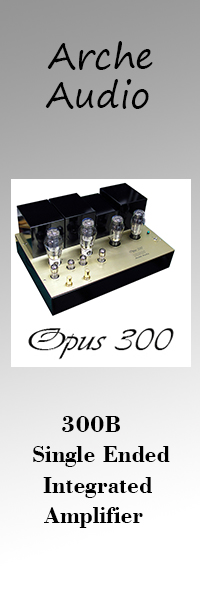
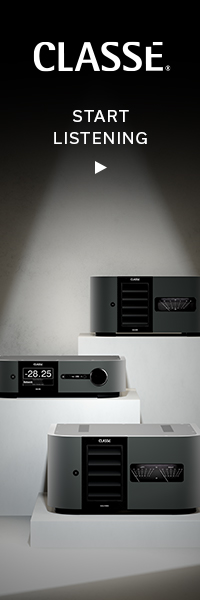
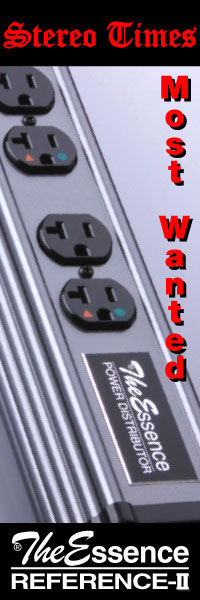
Be the first to comment on: Zero One Mercury CD/HD player